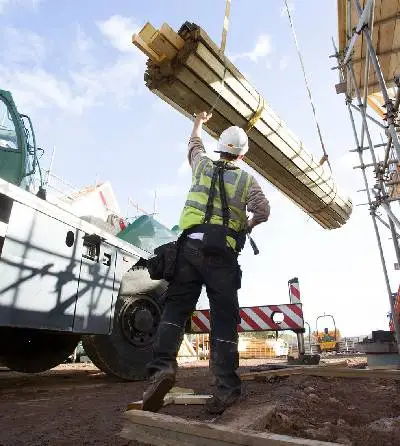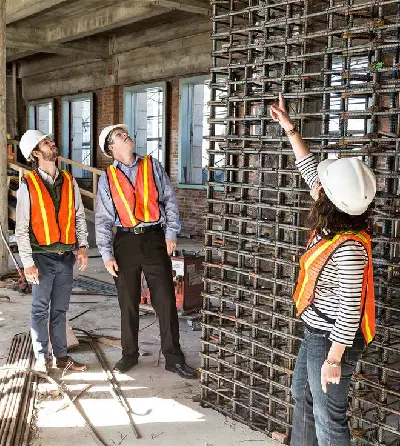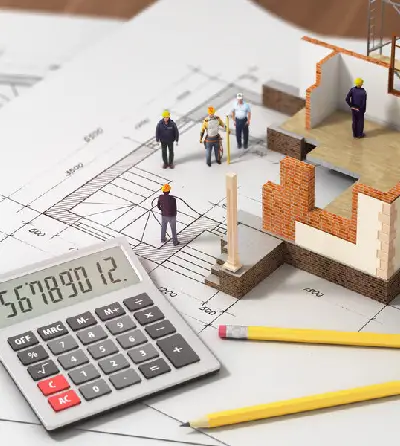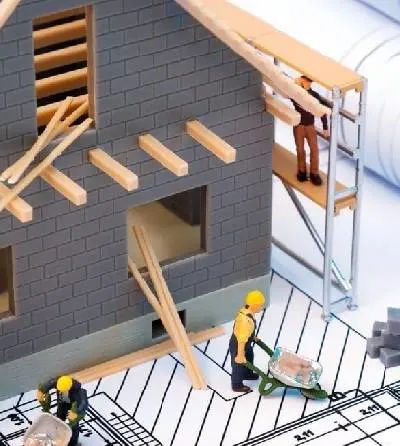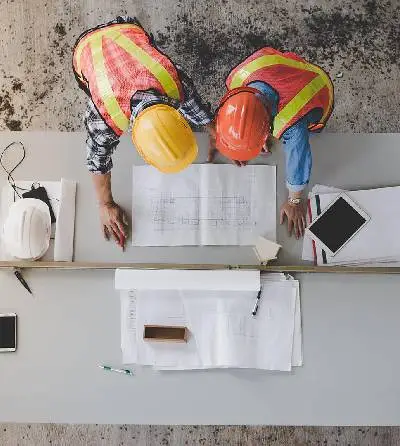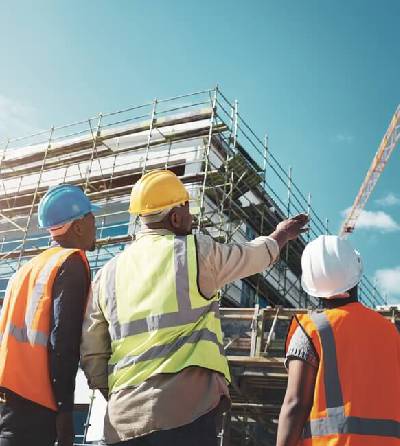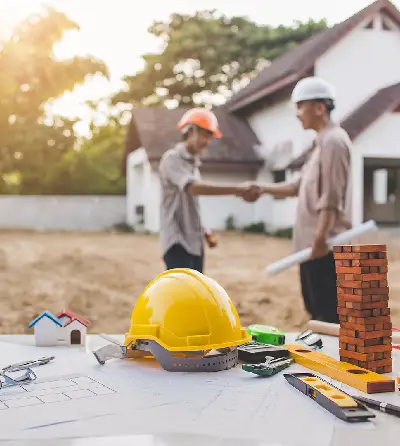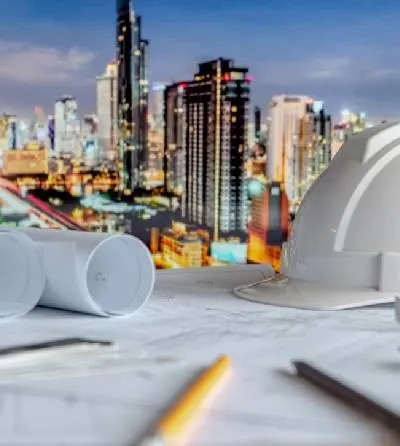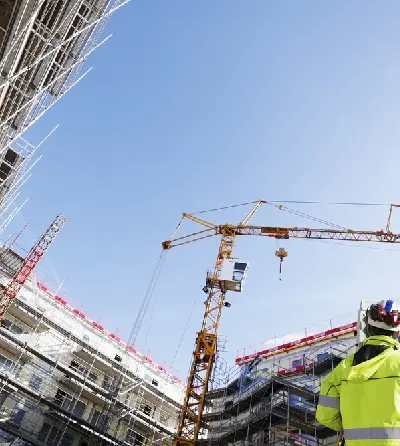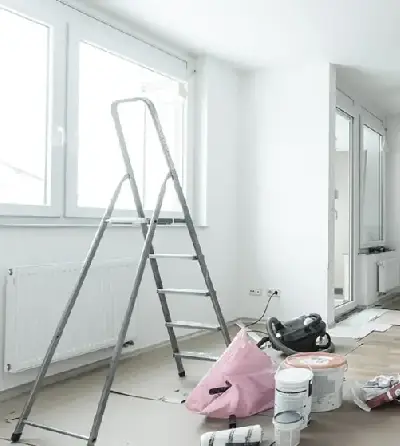
Category : Blog
Date : 15th july 2024
Author : Ravi
The Importance of Choosing the Right Engineers and Architects for Real Estate Development
For new real estate developers, whether in residential or commercial construction, choosing the right engineers and architects is one of the most critical decisions in the development process. The success of your project depends heavily on making informed choices during the planning stages, particularly when it comes to understanding the future use of your space.
1. Clarity on Space Usage is Key
Before engaging your design and build team, developers need to have a clear understanding of how the space will be used. For example, how much of the property will be allocated for restaurants, personal services, general retail, medical offices, or professional spaces? This clarity helps engineers and architects design concept plans that align with the future use of the space.
Each city or county has its own ordinances regarding parking requirements, which vary based on space usage. Therefore, by defining these details early, the design team can ensure compliance with local regulations, avoiding potential delays and costly redesigns during the permitting process.
2. Setting a Realistic Budget from the Start
Another crucial factor is setting a clear budget for hard construction costs. Developers should communicate their budget expectations early so that engineers and architects can design plans within those constraints. This is where involving a third-party general contracting firm as an independent consultant can be invaluable. By reviewing the plans bi-weekly, the general contractor ensures that the project remains on budget and aligns with today’s market conditions. This proactive step can save developers from surprises later on.
3. Constant Communication with the Team
One of the most important strategies for any developer is to maintain constant communication with engineers, architects, and construction consultants throughout the permitting and design process. Regular updates and check-ins will ensure that designs are well value-engineered, and the project is kept on track for timely completion.
Value engineering—adjusting designs for cost-efficiency without compromising quality—can lead to substantial savings. Developers can also avoid costly design changes after permits have been approved, which would otherwise slow the project down and increase expenses.
4. Ensuring the Best Bid Outcomes
Once the design and permit set are completed, developers can put the project out for bid. A cost-effective and well-engineered permit set ensures that the bids received fall within the expected budget range. However, if bid prices are significantly higher than anticipated, developers should consult with engineers and architects to review the bids and identify the reasons for the increased costs. This approach allows developers to address potential issues and prevent overpricing.
In Summary:
For developers in the real estate industry, success lies in the details. Engaging the right engineers and architects, setting clear budget expectations, and maintaining strong communication throughout the design and permitting phases will lead to more cost-effective, well-engineered projects. By investing time upfront in these critical areas, developers can secure the best outcomes, from obtaining permits to receiving bids within the allocated budget.
Choosing the right team and ensuring collaboration will not only save time and money but also provide peace of mind as you move forward with your development.




